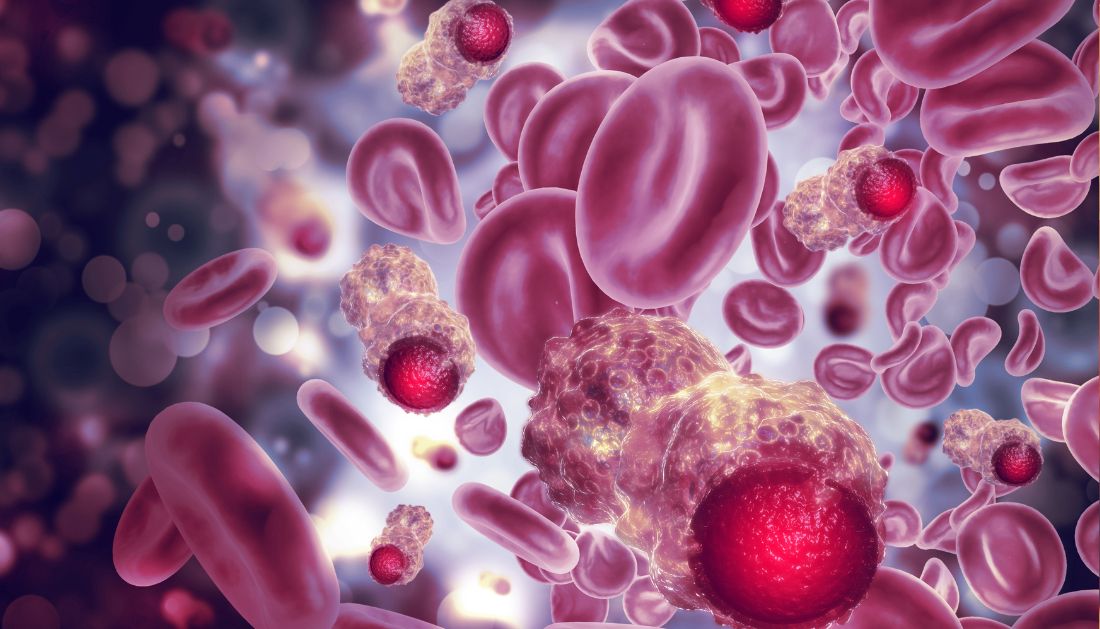

A new study from University College London (UCL) and the Francis Crick Institute has revealed a groundbreaking discovery that could change the way we predict and treat cancer. Researchers developed a new tool, ImmuneLENS, which uses whole genome sequencing (WGS) data to analyze immune cells in the blood, offering new insights into cancer survival. The tool looks specifically at T and B cells, two types of immune cells that play a key role in fighting off diseases.
The study, published in Nature Genetics, found that cancer patients with higher levels of immune cells—especially T cells—had better survival rates. This is a breakthrough, as previous research focused primarily on immune cells within the tumor itself. The new research showed that immune cells circulating in the blood are just as important, if not more so, for predicting how well a patient will fare after surgery.
The team analyzed over 90,000 genome samples from the 100,000 Genomes Project, which includes data from cancer patients as well as healthy individuals. They found that cancer patients tend to have fewer T cells in their blood compared to healthy people. More importantly, higher T cell levels were linked to a 47% reduction in death rates over five years post-surgery. This discovery could significantly impact cancer treatment plans, helping doctors make more personalized decisions based on a patient’s immune profile.
Additionally, the team found that individuals who later developed cancer had lower B cell levels, which might signal early-stage disease. This could lead to earlier detection of cancer, even before symptoms arise.
The ImmuneLENS tool has the potential to be a game-changer for both cancer research and treatment. By incorporating immune cell analysis into genetic diagnostic tests, doctors could gain a better understanding of how a patient’s immune system is functioning, allowing for more targeted and effective treatments. This research could also improve immunotherapy predictions, offering hope for more precise and personalized cancer care in the future.
More Information: Robert Bentham etc al. ImmuneLENS characterizes systemic immune dysregulation in aging and cancer, Nature Genetics (2025). DOI: 10.1038/s41588-025-02086-5
more recommended stories
 Pancreatic Cancer Research: Triple-Drug Therapy Success
Pancreatic Cancer Research: Triple-Drug Therapy SuccessKey Summary Spanish researchers report complete.
 Immune Cell Epigenome Links Genetics and Life Experience
Immune Cell Epigenome Links Genetics and Life ExperienceKey Takeaway Summary Immune cell responses.
 Dietary Melatonin Linked to Depression Risk: New Study
Dietary Melatonin Linked to Depression Risk: New StudyKey Summary Cross-sectional analysis of 8,320.
 Chronic Pain Linked to CGIC Brain Circuit, Study Finds
Chronic Pain Linked to CGIC Brain Circuit, Study FindsKey Takeaways University of Colorado Boulder.
 New Insights Into Immune-Driven Heart Failure Progression
New Insights Into Immune-Driven Heart Failure ProgressionKey Highlights (Quick Summary) Progressive Heart.
 Microplastic Exposure and Parkinson’s Disease Risk
Microplastic Exposure and Parkinson’s Disease RiskKey Takeaways Microplastics and nanoplastics (MPs/NPs).
 Sickle Cell Gene Therapy Access Expands Globally
Sickle Cell Gene Therapy Access Expands GloballyKey Summary Caring Cross and Boston.
 Reducing Alcohol Consumption Could Lower Cancer Deaths
Reducing Alcohol Consumption Could Lower Cancer DeathsKey Takeaways (At a Glance) Long-term.
 NeuroBridge AI Tool for Autism Communication Training
NeuroBridge AI Tool for Autism Communication TrainingKey Takeaways Tufts researchers developed NeuroBridge,.
 Population Genomic Screening for Early Disease Risk
Population Genomic Screening for Early Disease RiskKey Takeaways at a Glance Population.

Leave a Comment